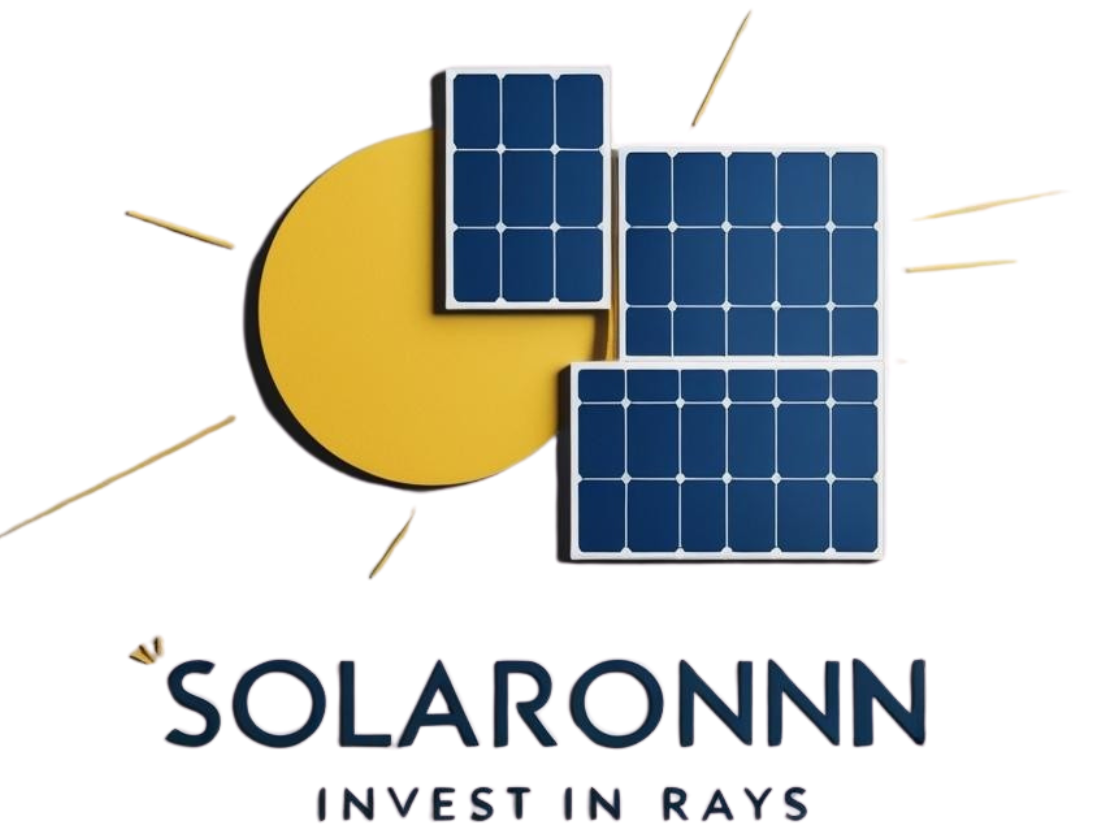As the world grapples with the effects of climate change and environmental degradation, the shift toward renewable energy sources has become crucial. Among these, solar energy stands out as one of the most sustainable and environmentally friendly options available. By harnessing the power of the sun, solar energy offers numerous benefits that contribute to a healthier planet.

Reducing Greenhouse Gas Emissions
One of the most significant advantages of solar energy is its ability to reduce greenhouse gas emissions. Traditional energy sources, such as coal and natural gas, release substantial amounts of carbon dioxide (CO2) and other harmful pollutants into the atmosphere. In contrast, solar energy systems produce electricity without emitting these gases. According to the U.S. Department of Energy, a typical residential solar panel system can offset more than 100 tons of CO2 over its lifetime. By choosing solar energy, homeowners and businesses can play a vital role in reducing their carbon footprint and combating climate change.
Decreasing Air Pollution
In addition to reducing greenhouse gas emissions, solar energy also helps decrease air pollution. Fossil fuel power plants are significant contributors to air quality issues, releasing pollutants that can lead to respiratory problems and other health issues. Solar panels, on the other hand, generate clean energy without producing harmful emissions. By transitioning to solar power, communities can improve air quality, leading to healthier living conditions for all.
Conserving Water Resources
Water scarcity is an increasingly pressing issue worldwide, and traditional energy production methods require substantial amounts of water for cooling and processing. In contrast, solar energy systems use minimal water during operation. For instance, photovoltaic (PV) solar panels do not require water to generate electricity, which makes them an ideal solution for arid regions. By choosing solar energy, we can conserve precious water resources, ensuring they are available for drinking and irrigation.
Sustainable Land Use
While solar farms do require land, they can be designed to coexist with agriculture and wildlife. Many solar installations are built on previously disturbed land, such as brownfields or rooftops, minimizing their impact on natural habitats. Additionally, agrivoltaics—combining agriculture with solar energy production—allow for dual land use, where crops are grown alongside solar panels. This innovative approach maximizes land efficiency and supports local food production while generating clean energy.
Economic Benefits and Job Creation
The solar energy sector is a rapidly growing industry that creates numerous job opportunities. From manufacturing and installation to maintenance and sales, solar energy jobs are diverse and plentiful. By investing in solar energy, communities can stimulate their local economies and create sustainable jobs that contribute to long-term growth.
Partnering with SolarOnnn
At SolarOnnn, we are committed to promoting sustainable energy solutions that benefit both our clients and the environment. Our team of experts is dedicated to providing high-quality solar installations tailored to your specific needs. By choosing us, you are not only making a smart financial decision but also contributing to a cleaner, greener future.
Conclusion
The environmental impact of solar energy is overwhelmingly positive. By reducing greenhouse gas emissions, decreasing air pollution, conserving water resources, and promoting sustainable land use, solar energy stands as a beacon of hope in the fight against climate change. As we move toward a more sustainable future, consider the benefits of solar energy for your home or business. Join us at SolarOnnn in making a difference—together, we can create a cleaner, healthier planet for generations to come.



